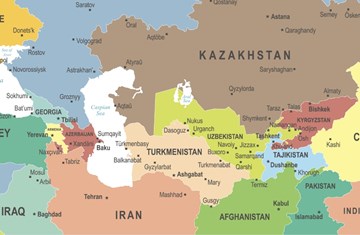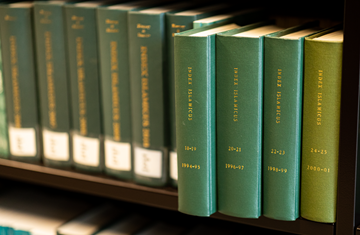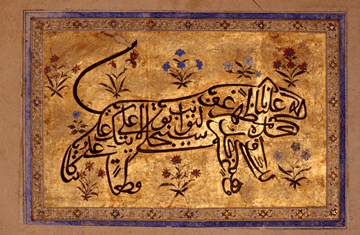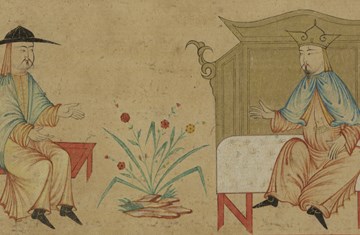Qur’anic Studies Workshop: Theories and Methods in Qur’an Commentaries
Though great strides have been made in the secondary literature on the genre of Qur’anic commentary, a gap exists in descriptions of overall theories and methods used by the exegetes. The goal of the workshop was to examine what is included in Qur’an commentaries, why certain information is or is not included, how exegetes wrote about the information that they included, and how their particular milieu affected their writing.
The workshop had two concrete aims. The first, to produce an edited volume based on the essays that were presented at the workshop. This edited volume will be the first to focus specifically on the aims and methods of the exegetes, and as such it is hoped that it will become essential reading in the field of tafsir and Qur’anic studies.
The second aim was to create a scholarly dialogue. Works of tafsir are written in response to one another; later works respond to and include elements from earlier works. Thus, one work should never be studied in isolation; yet these works run to many volumes and are written in technical language. It is thus impossible for one scholar alone to understand all of the factors at play in this vast literature. By gathering together scholars who have deep knowledge of this genre of text, the IIS was able to create a highly specialised discussion, which benefited all participants.
Several scholars from IIS’ Qur’anic Studies unit participated in the workshop. Dr Karen Bauer presented a paper entitled Canon vs. Common Sense in Tafsir of the 10th – 12th Centuries exploring the question of learned judgment and its place in the Qur’an commentary; Dr Stephen Burge presented a paper on Jalal al-Din al-Suyuti, the Mu‘awwidhatan and Modes of Exegesis, exploring al-Suyuti's methods of tafsir, and Dr Toby Mayer chaired the panel on Mu‘tazili exegesis. Dr Omar Ali-de-Unzaga delivered closing remarks.
The workshop was deemed by all present to be a great success. Participants especially appreciated the intimate atmosphere and the resulting sophistication of the discourse.










